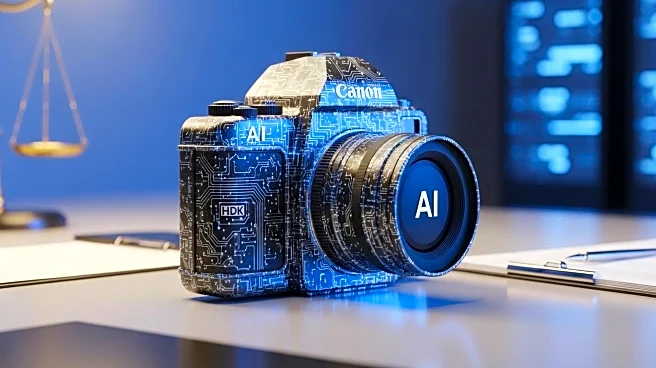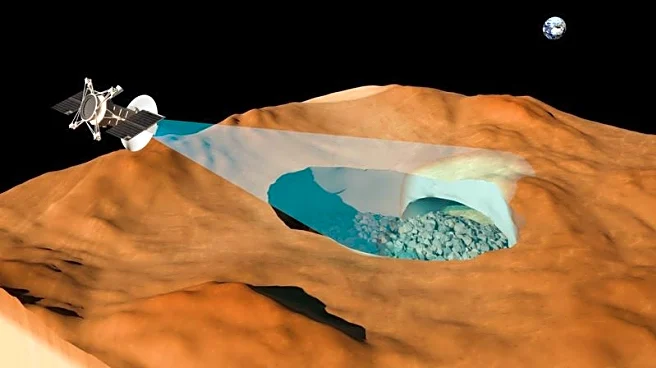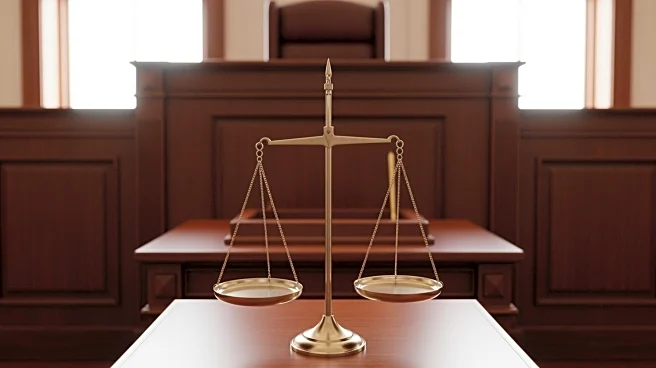What's Happening?
Lionsgate, a major movie studio, is encountering difficulties in its attempt to produce movies using generative AI technology. The studio had partnered with Runway AI to create AI-generated content from its film library, aiming to repackage franchises like 'John Wick' and 'The Hunger Games' as anime. However, the project has faced setbacks due to the limitations of Runway's model and concerns over copyright and licensing. The studio's library is insufficient to train a fully functional AI model, and even larger libraries like Disney's would struggle with such a task. Additionally, legal questions about compensating actors and other rights holders for AI-generated content remain unresolved. Despite these challenges, Lionsgate continues to explore AI applications in film production, viewing it as a tool for enhancing quality and efficiency.
Why It's Important?
The challenges faced by Lionsgate highlight the complexities of integrating AI into the film industry. While AI offers potential cost savings and new storytelling opportunities, it also raises significant legal and ethical questions. The inability to create a comprehensive AI model from existing film libraries underscores the need for vast amounts of data, which may not be readily available. Furthermore, the legal implications of using AI to generate content from existing intellectual property could impact how studios approach rights and compensation. As AI technology advances, the film industry must navigate these issues to leverage AI effectively while ensuring fair practices for all stakeholders.
What's Next?
Lionsgate is likely to continue its partnership with Runway AI, exploring alternative applications of AI in film production. The studio may focus on using AI for specific tasks, such as creating trailers or enhancing visual effects, rather than generating entire films. As the industry grapples with the legal and ethical dimensions of AI, studios may collaborate with legal experts to establish guidelines for AI-generated content. The outcome of Lionsgate's efforts could influence other studios considering AI integration, potentially leading to industry-wide standards and practices.
Beyond the Headlines
The use of AI in film production raises broader questions about creativity and authorship. As AI becomes more prevalent, the definition of artistic creation may evolve, challenging traditional notions of what constitutes original work. Additionally, the reliance on AI-generated content could impact employment in the industry, as certain roles may become automated. These shifts could lead to debates about the value of human creativity versus machine-generated output, influencing cultural perceptions of art and entertainment.










